The History of Electoral College Votes
Clarion photo Olivia Wright
“One person, one vote.” This isn’t actually how we elect presidents in America. In this year’s election, Biden won both the popular vote and the Electoral College vote. It doesn’t always turn out this way. According to Time Magazine, five times in modern election history the candidate who lost the popular vote was still elected President.
According to CNN News, when people cast their votes, they are actually voting for a group of people called electors. The number of electors each state gets is equal to its total number of senators and representatives in Congress. A total of 538 electors form the Electoral College. Each elector casts one vote following the general election. Whichever candidate gets more than half of the votes (270) wins the election.
Why do we have this system? The electoral college was created by the Founding Fathers in 1804. According to the Princeton Encyclopedia of American Political History, many of the Founding Fathers felt the public would not be able to make an intelligent decision. They were having trouble agreeing on how best to elect presidents and came up with the Electoral College as a compromise. This system also gave slave states in the South more power. According to Time, these states could count slaves toward their population without actually giving them the right to vote.
Should we do away with it or not? According to Jacobinmag.com, back in 2012, Donald Trump tweeted, “The electoral college is a disaster for democracy.” After he lost the popular vote in 2016, but still won the election, he said, “The electoral college is actually genius in that it brings all states, including the smaller ones, into play. Campaigning is much different.”
According to Gallup News, 62% of Americans say they would amend the Constitution to replace the Electoral College with the popular vote. Only 35% would keep it. Those who favor abolishing it say the Electoral College gives too much power to only a handful of states. According to CNN, those in favor of keeping the Electoral College in place worry about how difficult it might be to do a nationwide vote recount when the election results are close. Either way, changing our current process would require a constitutional amendment. According to CNN, this could be a long and difficult process requiring agreement in Congress and from many state legislatures.
The Electoral College is significant because even if one candidate wins the popular vote, they still may not win the presidency. Both Trump and former president Bush won the Electoral College vote, lost the popular vote, and still became president.
According to MSN News, in recent years, the Electoral College has received a lot of attention because many people feel it is an undemocratic process. Alex Dunphy, a Phd candidate in US history at the University of Maryland, College Park says, “The electoral college is not only outdated, it is undemocratic by design and continues to be an impediment to progress. If we ever hope to address the many issues we face as a country, we must rid ourselves of our archaic and undemocratic traditions, and the electoral college should be first on the chopping block.”



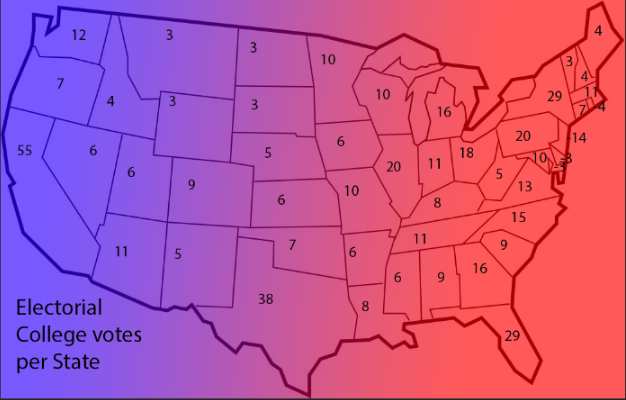
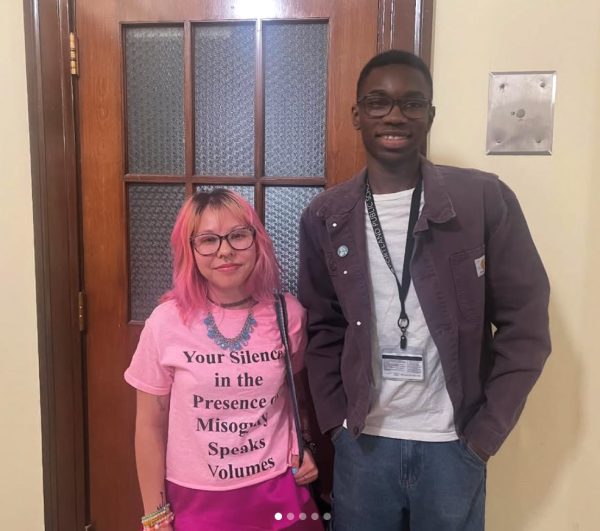
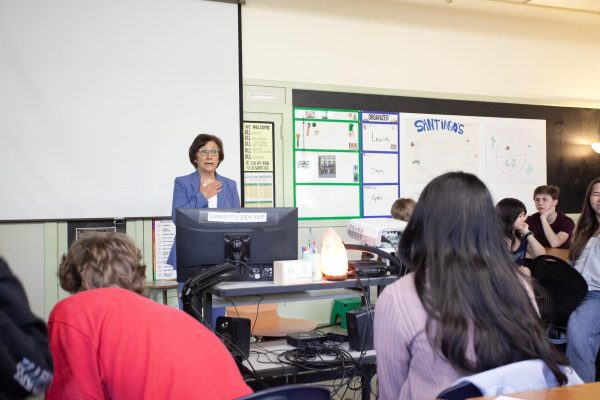
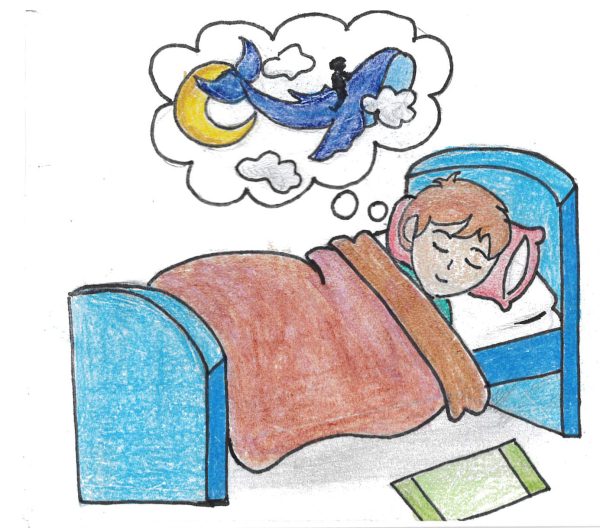


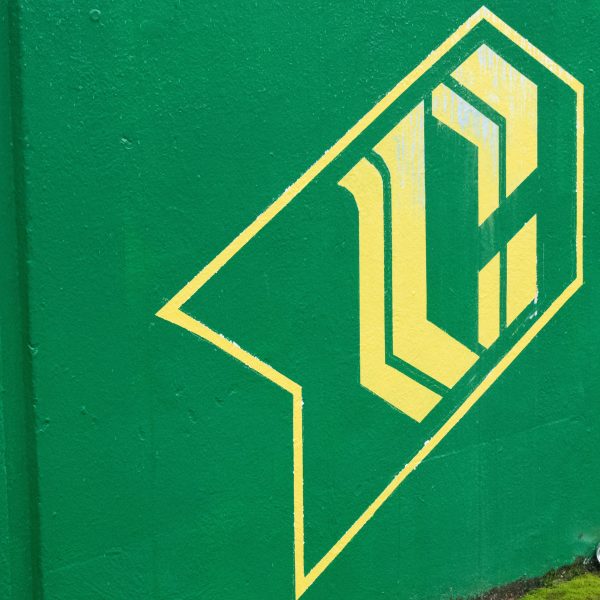


Patricia Ploog • Dec 28, 2020 at 8:29 PM
This well written post clearly defines the discriminatory and outdated use of the Electoral College. Our government must be able to change as time moves forward. If we truly want to reach the pinnacle of what we say we believe, I.e, Democracy, then we must support one man-one vote no matter the state you live in. The person with the majority vote becomes President. Obviously, we are not there yet. Therefore, we are not there yet.
Gail Waltuch • Dec 28, 2020 at 6:26 PM
Dear Isabel,
I thoroughly enjoyed your article on the history of the electoral college. I look forward to reading your future columns.
With warm regards and abrazos fuertes.
Gail